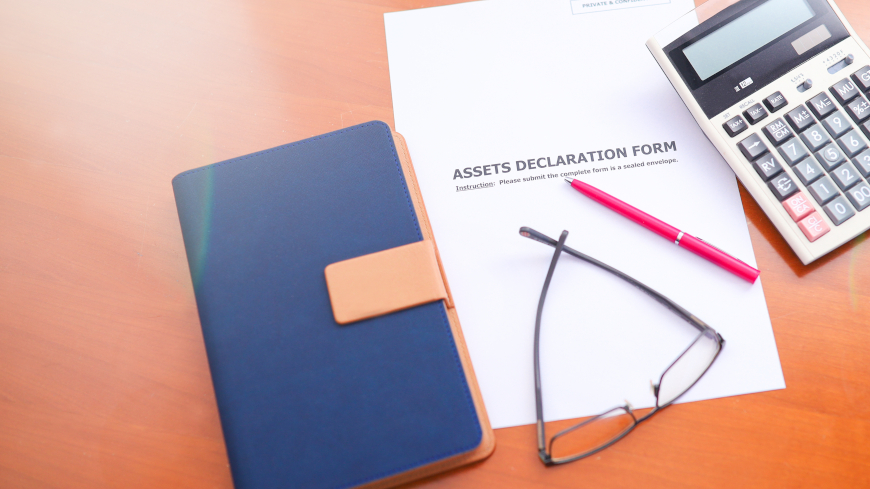The management team of the Civil Service Bureau (CSB), under the guidance of the project “Enhancing the systems of prevention and combating corruption, money laundering and terrorist financing in Georgia,” discussed during a workshop the effective implementation of the asset declaration regime including comparative practices in the submission of declaration, alternative triggers and criteria for the selection of declarations to investigate and the sanctioning mechanisms for failure to submit or to disclose assets. The Civil Service Bureau supports the implementation of the anti-corruption policy amongst civil servants in Georgia and one of its main responsibilities is the management of the asset and interest declaration scheme for public officials.
In the discussion that followed, under the moderation of the Economic Crime and Cooperation Division (ECCD), CSB representatives identified opportunities to advance the expertise of the Bureau so that it strengthens its performance by incorporating some of the applicable good practices. Building on the findings of this session, the ECCD, in close cooperation with the CSB, will follow up with targeted support to address the main challenges to the effective application of the asset declaration and verification regime for public officials.
The activity was organised in the framework of the project “Enhancing the systems of prevention and combating corruption, money laundering and terrorist financing in Georgia,” funded by the European Union and the Council of Europe and implemented by the Council of Europe in their Partnership for Good Governance II 2019-2022.





